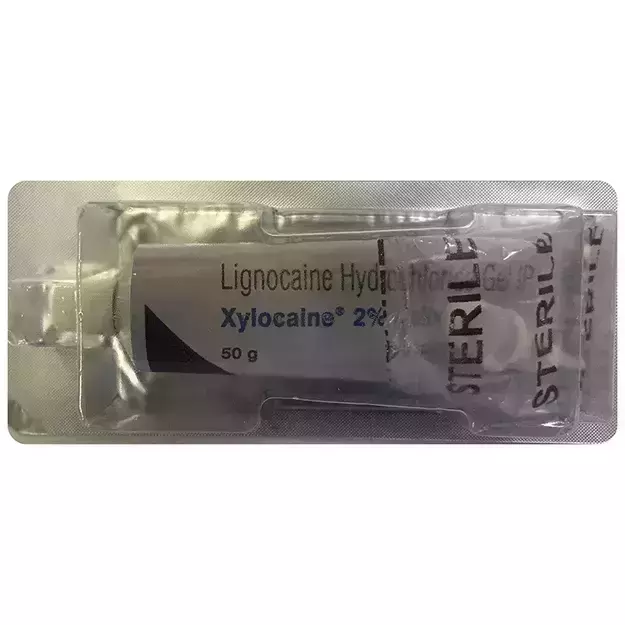Lignox is a commercial drug that is prescribed in the form of Ointment, Injection, Gel, Spray. Local Anesthesia are some of its major therapeutic uses. Lignox also has some secondary and off-label uses. These are listed below.
The correct dosage of Lignox depends on the patient's age, gender, and medical history. Individual symptoms and route of administration also determines the right dosage. For detailed information on this, read through the dosage section.
Common side effects of Lignox include Skin redness. While these are the most often observed Lignox side effects, there are can be others also. These have been listed below. Such side effects of Lignox normally do not last long and go away once the treatment is completed. Consult your doctor if these side effects become worse or stay for a longer duration.
Furthermore, you should know that effect of Lignox is Mild for pregnant women and Mild for women who are breastfeeding. It is important to know if Lignox has any effect on the kidney, liver and heart. Information on such adverse effects, if any, has been given in the Lignox related warnings section.
Lignox is not recommended if you suffer from certain medical conditions as it can have adverse effects. Heart Failure, Liver Disease are examples of such conditions. Some other conditions that can be affected by Lignox are listed in the contraindications section below.
Besides this, Lignox may also have severe interaction with some medicines. Refer to the list below for further details.
Along with the above-mentioned precautions, remember that taking Lignox is considered not safe while driving, and is not addictive.
X










